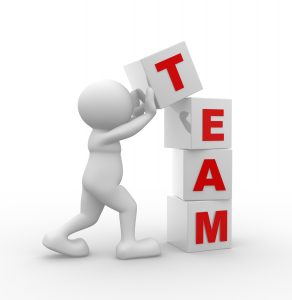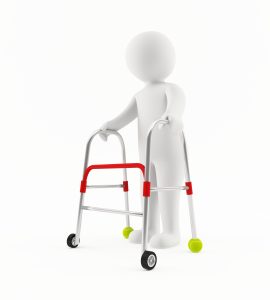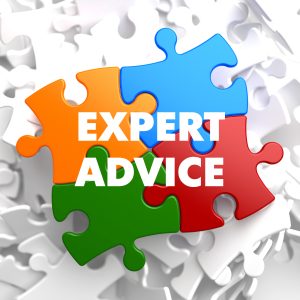 It is difficult to provide general advice to support activities of daily living (ADLs) as the needs of each person will be unique. This is because of the wide range of neurological sequelae which may arise following brain injury. The person may require referral to an Occupational Therapist (ideally a specialist Neuro-Occupational Therapist) for a full functional assessment and specialist advice. A team approach is important as support for ADLs may require input from a number of different professionals.
It is difficult to provide general advice to support activities of daily living (ADLs) as the needs of each person will be unique. This is because of the wide range of neurological sequelae which may arise following brain injury. The person may require referral to an Occupational Therapist (ideally a specialist Neuro-Occupational Therapist) for a full functional assessment and specialist advice. A team approach is important as support for ADLs may require input from a number of different professionals.
The following guidelines may be helpful:
- Provide time, opportunity and encouragement for the person to participate in ADLs (including personal care, leisure, occupational and social activities).
- Be patient as it can be challenging and time consuming to adequately support the person who has difficulty managing their ADLs.
- Provide support and reassurance.

- If the person has been provided with aids or adaptations (e.g. to support mobility, eating, drinking, dressing, cooking), they should be provided with the education and encouragement to use these.
- The person should be provided with appropriate levels of support to practice with their aids and adaptations regularly.
- In some circumstances it may be helpful to use particular strategies e.g. prompting, demonstration, hand-over-hand approaches, repetition. Please note that some strategies may actually be counter-productive and expert advice should be sought from an Occupational Therapist with regard to the most appropriate approach.
Provide appropriate support for the following specific difficulties following recommendations from relevant professionals:
- Physical difficulties including spasticity, dyspraxia and perseveration.
- Problems with eating and drinking including dysphagia.
- Visual and perceptual impairments.
- Cognitive problems including confusion (e.g. arising from Post Traumatic Amnesia).
- Communicative problems.

- Sensory impairment.
- Fatigue.
- Pain/discomfort.
- Anxiety.
- Challenging behaviours.
- Reduced motivation (arising from executive functioning impairment and/or depression).